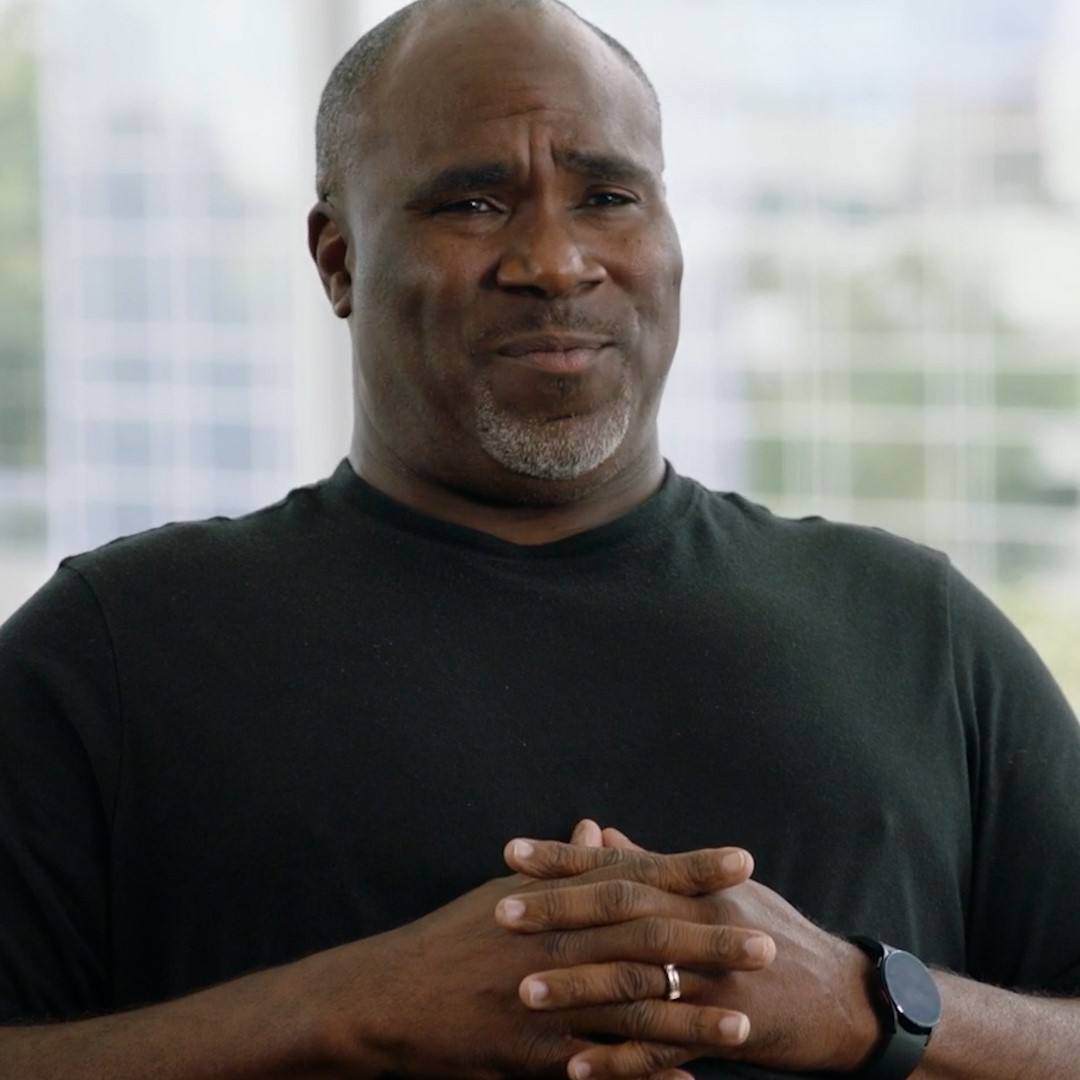-
Diversity
Consumer Health: What is mental health?

World Mental Health Day will be observed on Sunday, Oct. 10, to raise awareness of mental health issues around the world and mobilize efforts in support of mental health. This is a good time to consider the differences between normal mental health and mental health disorders.
Mental health is the overall wellness of how you think, regulate your feelings and behave. Sometimes the difference between normal mental health and mental disorders is clear, but often the distinction isn't so obvious. For example, if you're afraid of giving a speech in public, does that mean you have a mental health disorder or a run-of-the-mill case of nerves? When does shyness become a case of social phobia?
Mental illness refers to a wide range of mental health conditions — disorders that affect your mood, thinking and behavior. Many people have mental health concerns from time to time. But a mental health concern becomes a mental illness when ongoing signs and symptoms cause frequent stress and affect your ability to function.
Examples of mental illness include:
- Depression.
- Anxiety disorders.
- Schizophrenia.
- Eating disorders.
- Addictive behaviors.
Treatment depends on the type of mental illness and its severity. In many cases, a combination of treatments works best. If you have a mild mental illness with well-controlled symptoms, treatment from your primary care provider may be sufficient. However, often a team approach is appropriate to make sure all your psychiatric, medical and social needs are met.
If you've never seen a mental health provider before, you may not know how to find one who suits your specific needs. Do you need a psychiatrist, psychologist or counselor? Finding the right match is crucial to establishing a good relationship and getting the most out of your treatment. Here are some things to keep in mind as you search for a mental health provider.
Connect with others talking about mental health in the Mental Health support group on Mayo Clinic Connect, an online patient community moderated by Mayo Clinic.







